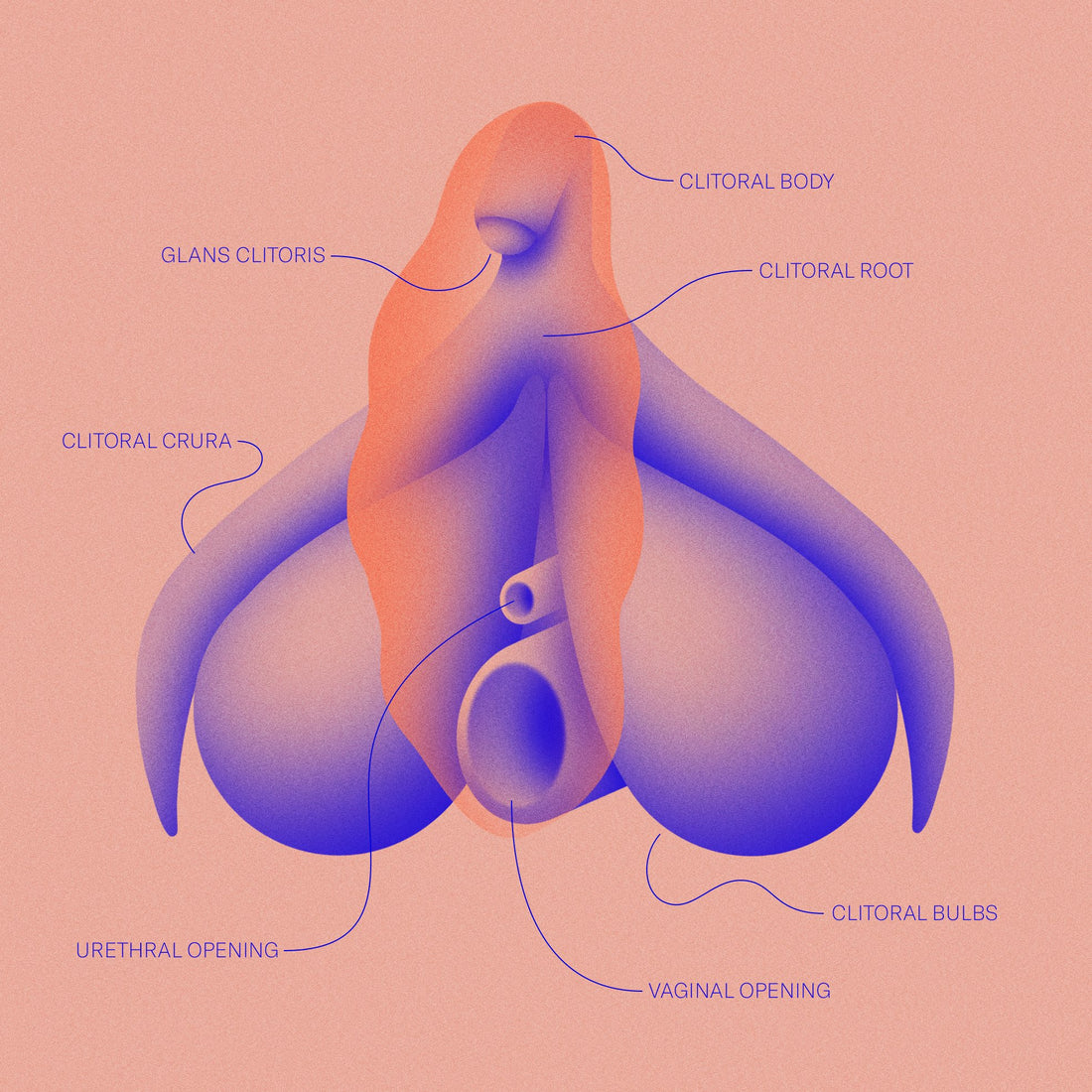

Culture
Created on 18/09/2022
Updated on 19/10/2022
Did you know that rabbits’ clitorises are inside their vaginas? Or that the word “nymph” — a mythical creature that spawned the word “nymphomaniac,” yet is often depicted without genitals — means both “labia” and “clitoris” in French? Such intriguing cultural and biological facts come under analysis in French philosopher Catherine Malabou’s latest book Pleasure Erased: The Clitoris Unthought, which discusses views of the clitoris throughout history and why this organ is so often seen as either an afterthought or a conundrum.
Discussing the Freudian myth of the clitoral and vaginal stages, the depiction of the clitoris as a wound in the film Nymphomaniac, the controversy over female genital mutilation, and more, Malabou shows how the clitoris’s very existence is an inconvenient truth in Western culture, challenging commonly accepted ideals around reproduction, work, womanhood, and more.
We spoke with Malabou about her book, the significance of the clitoris in the world today, and how we can reclaim a body part that has so often been pathologized or pushed to the side.
and absence of penis. For a long time, the clitoris has been analyzed as a castrated penis, a miniature penis. You find that in Freud. Up to the 20th century, in fact, women were “castrated,” having this kind of mini penis that was in itself devoid not only of use but also of sensation and maturity.
Preciado says, everybody can have a clitoris in the sense that in some — I think in all bodies — there's this kind of zone. There is something in the body that is rebellious, and perhaps the clitoris incarnates this zone of non-power.
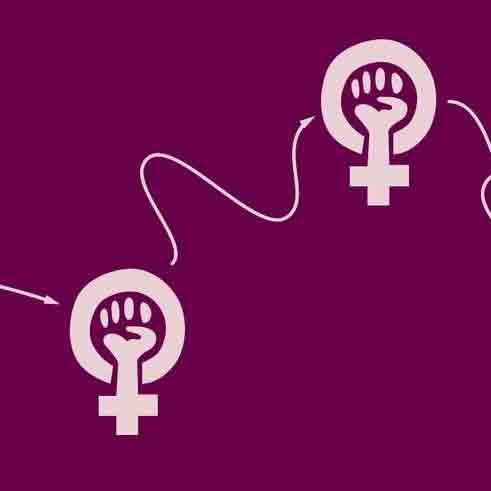

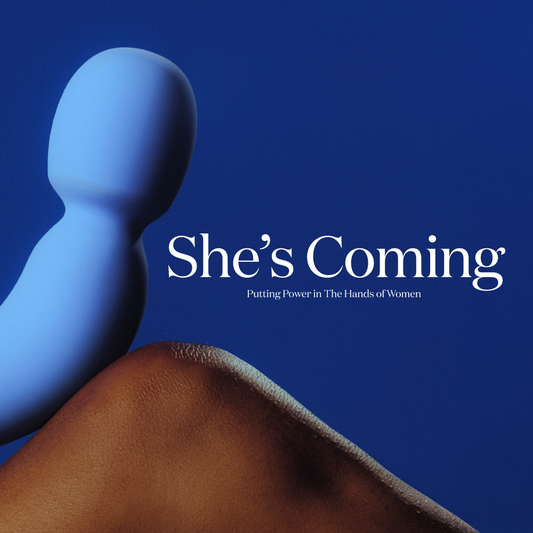

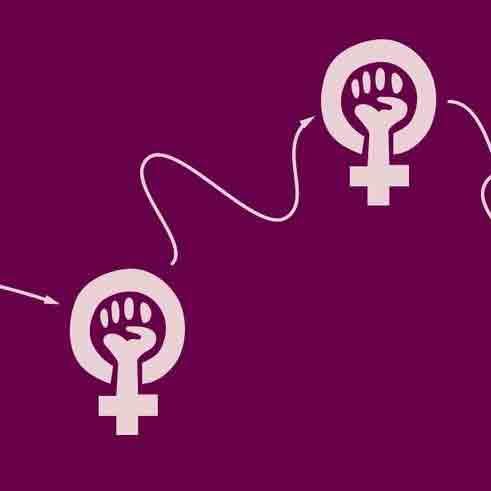



















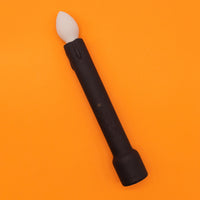













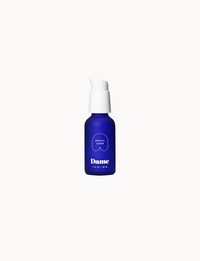













1 comment
VhbMed377@gmail.com